Polish off those game of the year trophies, because God of War: Ragnarök is almost certainly going to win a bunch of them. Whether it deserves them, though, is another matter entirely. People are going to love it because this is a massive, visually stunning, and viscerally entertaining game. However, it’s also a true game, in that you’ll spend a bunch of time being entertained by it, and that’s the extent of the value you’ll get out of it.
Ragnarök is a direct sequel to the previous God of War, and you do need to be familiar with the predecessor’s story, as this one immediately begins referencing prior events. It’s probably a fair call on the part of the developers that anyone that was going to be remotely interested in Ragnarök would have played the 2018 “original”, but if you are an outlier there is a recap available that walks you through the key events and gets you caught up. The fact that God of War, being a 30-odd-hour game, could be summarised in about five minutes speaks to my opinion of that game’s narrative pretty well, and while Ragnarök is around double the size, the biggest single problem with it is the narrative can be described in about the same length of time. Given that Ragnarök is, effectively, a narrative-driven experience, there is a lot of game for something this shallow. Naturally, I can’t give away any of it because of spoilers concerns – and this review is spoiler-free – but you can run through the key plot moments like a series of bullet points, and while they can be incredibly dramatic and even emotional, it’s the lack of insight that is disappointing.
Kratos’ boy, Atreus (who, from the last game we know is actually Loki, which should give you a hint about what’s on the horizon through this game) has hit his difficult teens this time around. He’s got secrets. He talks back to daddy Kratos (much more than he did last time). He’s more capable by himself, and also vastly over-confident in his own abilities. There’s a moment where, early on, you get to control him and he comes across his first treasure chest. He goes to punch a hole in it to extract the loot, which he’s seen daddy do dozens of times by this point, only to recoil in pain when the lid doesn’t break. “Looks easier than it is, huh”, the dwarf companion he’s with at that point chuckles, as he proceeds to smash the lid open with his bow instead. That little moment is the kind of indulgence that only the biggest games can deliver, because it’s a lot of development work for a tiny anecdote, but it’s also worthwhile, as a cute bit of characterisation that represents God of War at its finest.
Those micro-moments are really what had me playing onward. A lot of it is emotional manipulation, successfully built through the rousing soundtrack and pitch-perfect voice performances. Kratos and his son’s relationship feels resonant because it’s carefully fine-tuned to draw your emotional engagement. Seeing daddy Kratos chastise his uppity son for swearing a bit when a mine cart rollercoaster ride goes wrong (via monster attack) was amusing, as were the stern lectures he would deliver from time to time when Atreus got a little too smartass for his own good. These are the moments where the bond between father and son, juxtaposed against Atreus’ coming-of-age arc, are truly appealing. The fact that there’s a strong sense of foreboding about what might happen to the two of them on this particular adventure is another reason to continue playing on, because you just know there are going to be some difficult and big, if binary, decisions that the two of them will need to make.
If only that wasn’t undermined by some inconsistent moments where the gameplay seems completely removed from the narrative. Immediately after Kratos delivered that lecture about self-control to Atreus after he lost it and had his swearing session, there was a combat scene, where I needed to activate Kratos’ rage power, an ability that outright encourages you to lose control and mash away at the buttons with impunity. If I were Atreus I’d be sorely tempted to point out that my dad was a dirty hypocrite. And then there’s the tonal dissonance between the moments of interesting characterisation, and the times when Atreus is used as nothing more than a talking quest marker. Lines to the effect of “so we can go over there, where there’s a side quest that we can complete to help the dwarves out. But if you’re in a hurry, we can head on with our quest by going that way instead,” are clumsy, terrible writing, and pure immersion-killers. They happen far too frequently in Ragnarök.
In fact, far too much of the Ragnarök experience is a case study of developers really struggling to balance the need to make a game with the quest for “immersion”. Looking beyond the clash between emotional characterisation and dialogue-as-wayfinding, the inconsistencies affect the gameplay too. Ragnarök’s “puzzles” are often painful to experience. Every puzzle must be completed in a specific way, and if you do things out of order or try and explore alternative solutions, it will generally outright refuse to work. For a simple example, there might be two walls side-by-side, and visually look like they’re made of the same material. One you need to climb to progress the “puzzle”. The other is just there as part of the scenery. Despite looking the same, no matter what you do, you cannot climb that second wall, and if you happen to miss the marker that suggests that you can climb the first, you may never know that it is scalable. For a specific example, at one point I needed to use Kratos’ axe’s ice ability to freeze water in aqueducts, which would manipulate a series of wheels, lifting blocks that I could then climb over. However, there was no indication that I could throw my axe at the aqueduct until I had first cleared away some rubble using Atreus’ bow. The aiming reticle, which would change colour for interactive elements, gave me no indication that this particular piece of scenery was interactive until it became the next “step” in the puzzle. So, naturally, given that so much of this game’s environments are non-interactive scenery, I did at first assume that this aqueduct was something I needed to ignore.
Far too often with these things I was running around just waiting for an icon or other visual cue to show me what the next trigger was. I never felt particularly clever or creative when I moved past a puzzle, because all I was really doing was following the pre-set steps to the solution that the developers laid out. I wasn’t thinking for myself, I was following a trail. It’s the kind of “puzzle” that researchers give to crows to see how capable they are of reaching a treat. And, sure, when a crow figures out the seven steps to open untie a drawer and retrieve a snack it’s impressive. However, Ragnarök is going to be played by humans, and while I don’t think I’m of a particularly elite intelligence, I do believe I’m a little further along than a crow, and these come across as arbitrary and time sinks for the sake of “variety”. Because the formula of the game was almost methodically puzzle-combat-narrative bit-puzzle-combat-narrative bit-boss, I knew when each of those puzzles was coming up, and every single time, I had to push myself not to switch the PlayStation off and go do something else.
Thankfully the other side of Ragnarök is excellent and, speaking realistically here, the main reason to play the game. The combat is magnificent, visceral, and technically rich. Kratos has his ice axe, flame daggers, rage, and a few other tricks up his sleeve, while Atreus has that bow. It feels like just about every enemy has its own tactics and weaknesses, and environments often have features built into them that elevate them beyond featureless arenas. Clambering up a ledge to chase down a monster that is playing hit-and-run feels different from weaving in and out of thugs threatening you with hardcore bifrost damage, and those feel significantly different to the bosses that have nasty ranged attacks. In Ragnarök you do get to travel to a wide range of locations drawn from Norse mythology, each with its own native critters, and the developers have hit the perfect balance between offering some genuine challenge with the chance to feel like you are, indeed, a god and as powerful as befits that title. The boss battles, all drawn from Norse mythology, are a particularly delightful rogue’s gallery, particularly if you’re already familiar enough with the mythology to look forward to them showing up at some point.
I just wish that the developers did something with the massive resources they had at their disposal than to deliver an experience that has excellent genre-leading combat, and then such functional filler between the set-pieces. The recently-released Valkyrie Elysium tracks a similar broad theme to God of War – it’s set within Norse mythology and it also focused on the coming end of the world – and while it plays nowhere near as well as God of War, the developers at least tried to give it meaning and layer it with themes that cut beneath the surface. Ragnarök, meanwhile, is like the Marvel films. Everything it has to offer sits on the surface and is spelled out in an almost insulting and condescending manner, so that there was no risk that anyone was going to miss the point of it.
You look at the profound intensity of the relationship between father and son in Cormac McCarthy’s The Road, or the way that Max Porter delves into the challenges of a father bringing up children without the mother in Grief Is The Thing With Feathers, and it’s easy to see how far videogames – particularly at the blockbuster end of town – truly have to go. God of War: Ragnarök is a lot of fun, and has the production values and detail that you would expect from a game of this level of prestige. As I wrote at the start, it’s going to win game of the year awards, because this is how the industry rolls.
But I can’t help but wish for something more. Not in terms of visuals or gameplay. Those technical elements are fundamentally flawless. Rather, in this story-driven, narrative-focused experience I want a game that is brave enough to actually say something, and give me something to think about. Challenge me on a level beyond my ability to press buttons. God of War: Ragnarök manipulates emotions expertly and people often mistake that for depth. The relationship dynamic between Kratos and Atreus is appealing enough and I’m sure plenty of other reviews will talk about how it made them feel things. There are also plenty of big moments that we’re not allowed to talk about because of spoilers but, yes, those narrative set pieces really are dramatic. These things aren’t depth, though. Ragnarök is popcorn entertainment, and there’s nothing inherently wrong with that. This game’s going to sell a billion copies for a reason. It’s just worth drawing the distinction, because Sony could also be pushing for much more than what it does with these blockbusters.
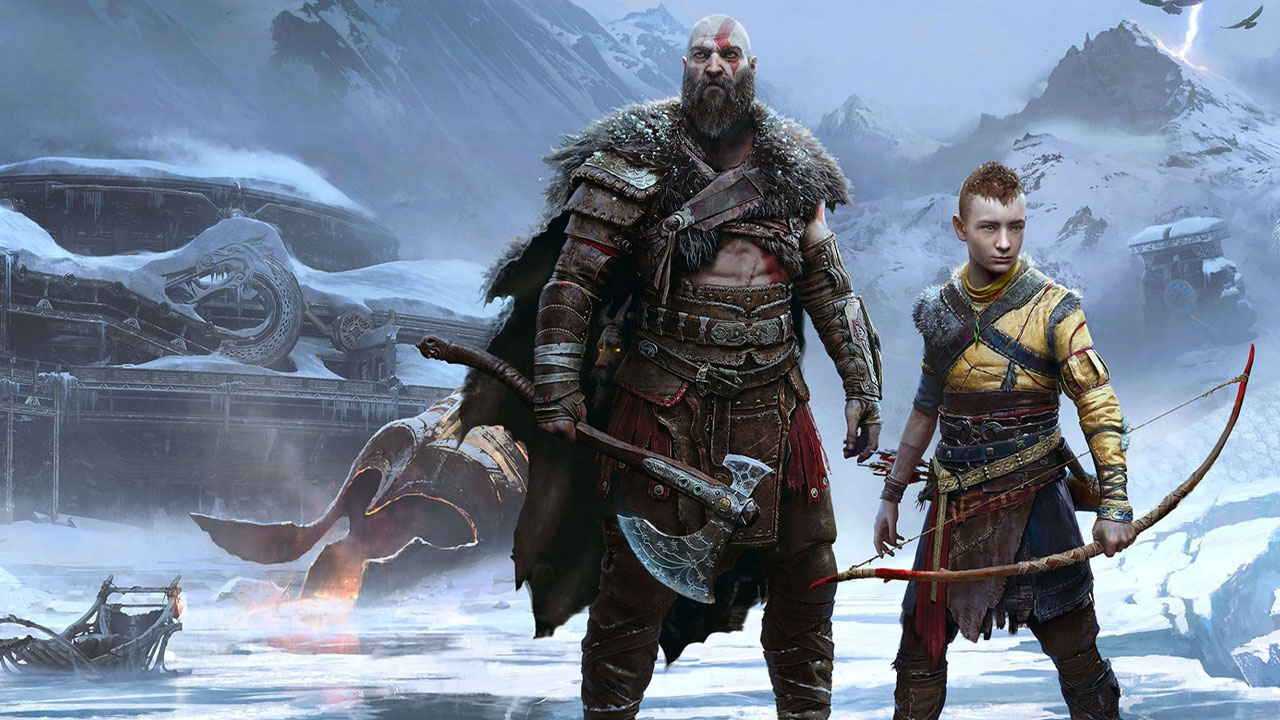

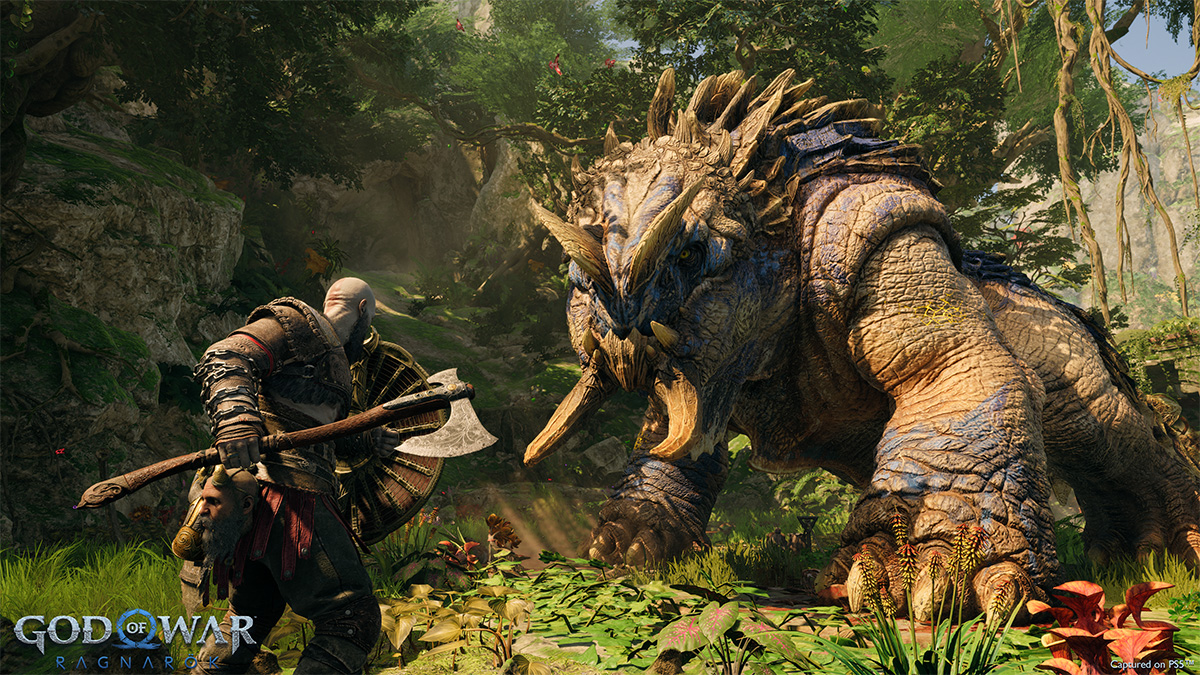
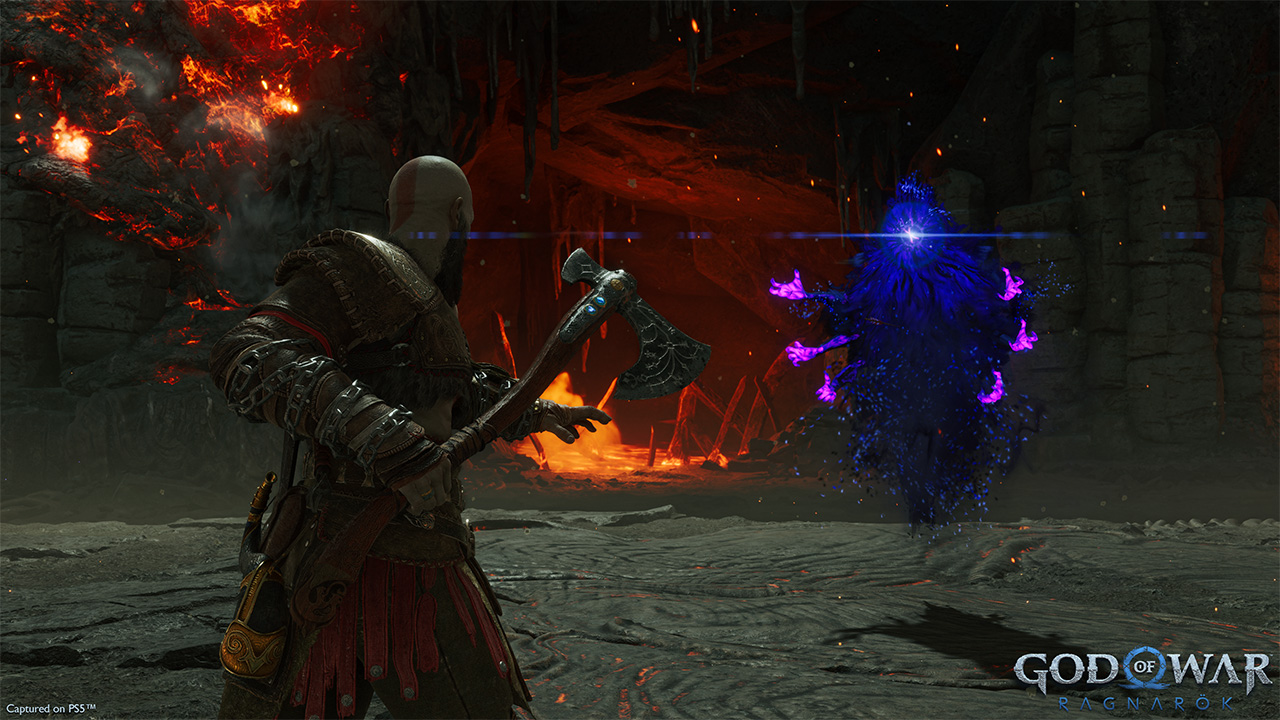
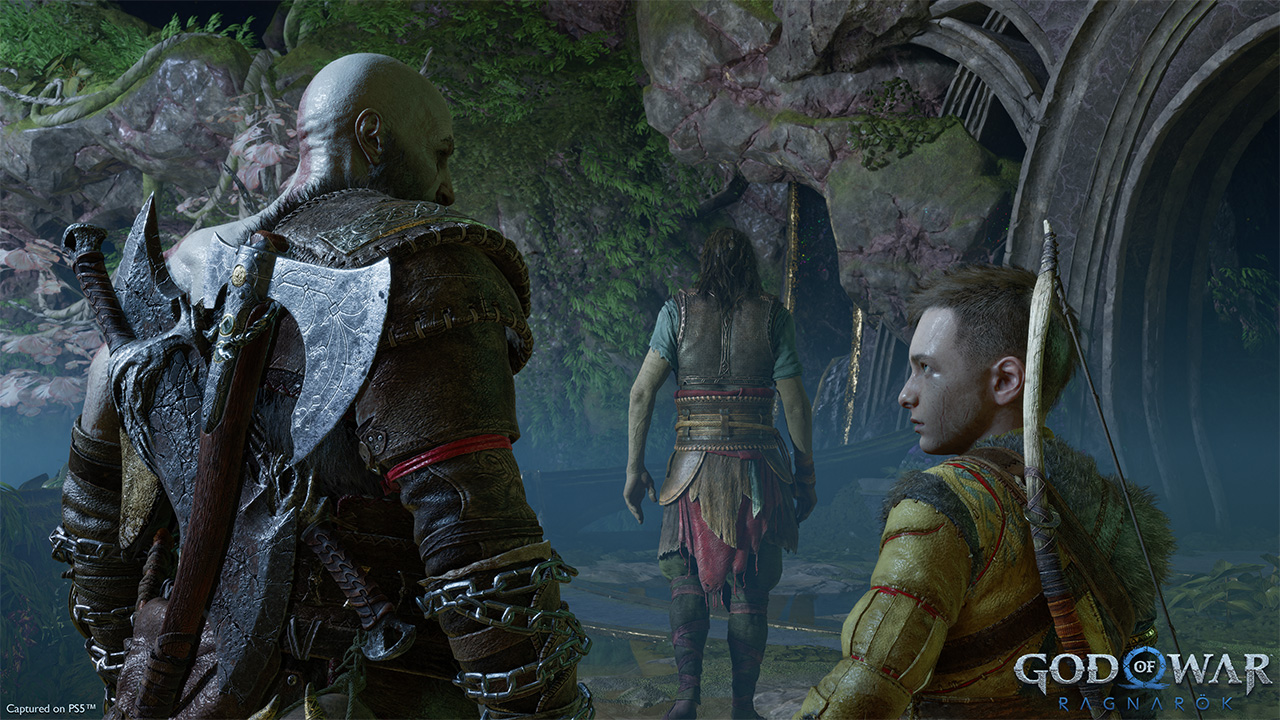

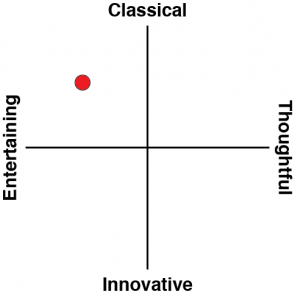
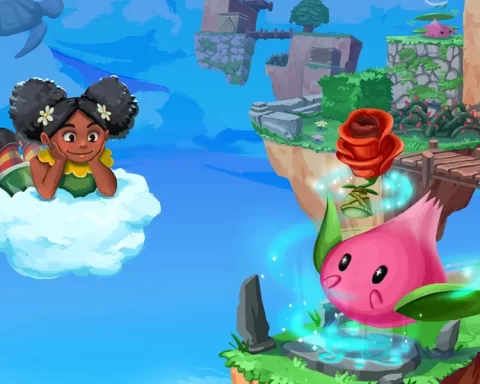
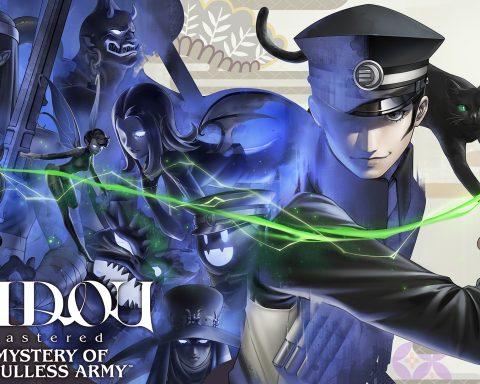
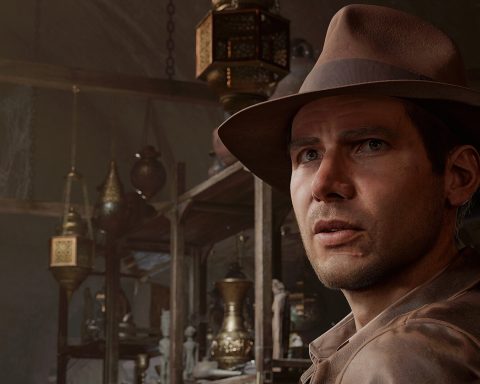
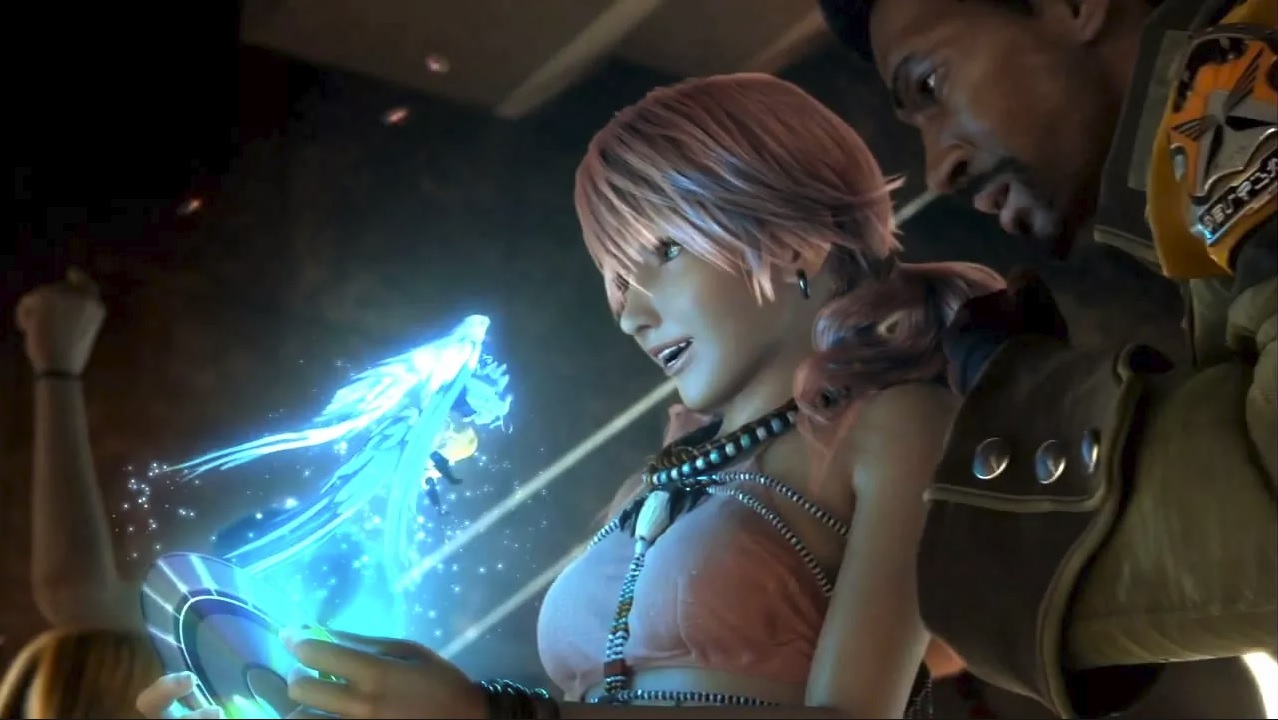
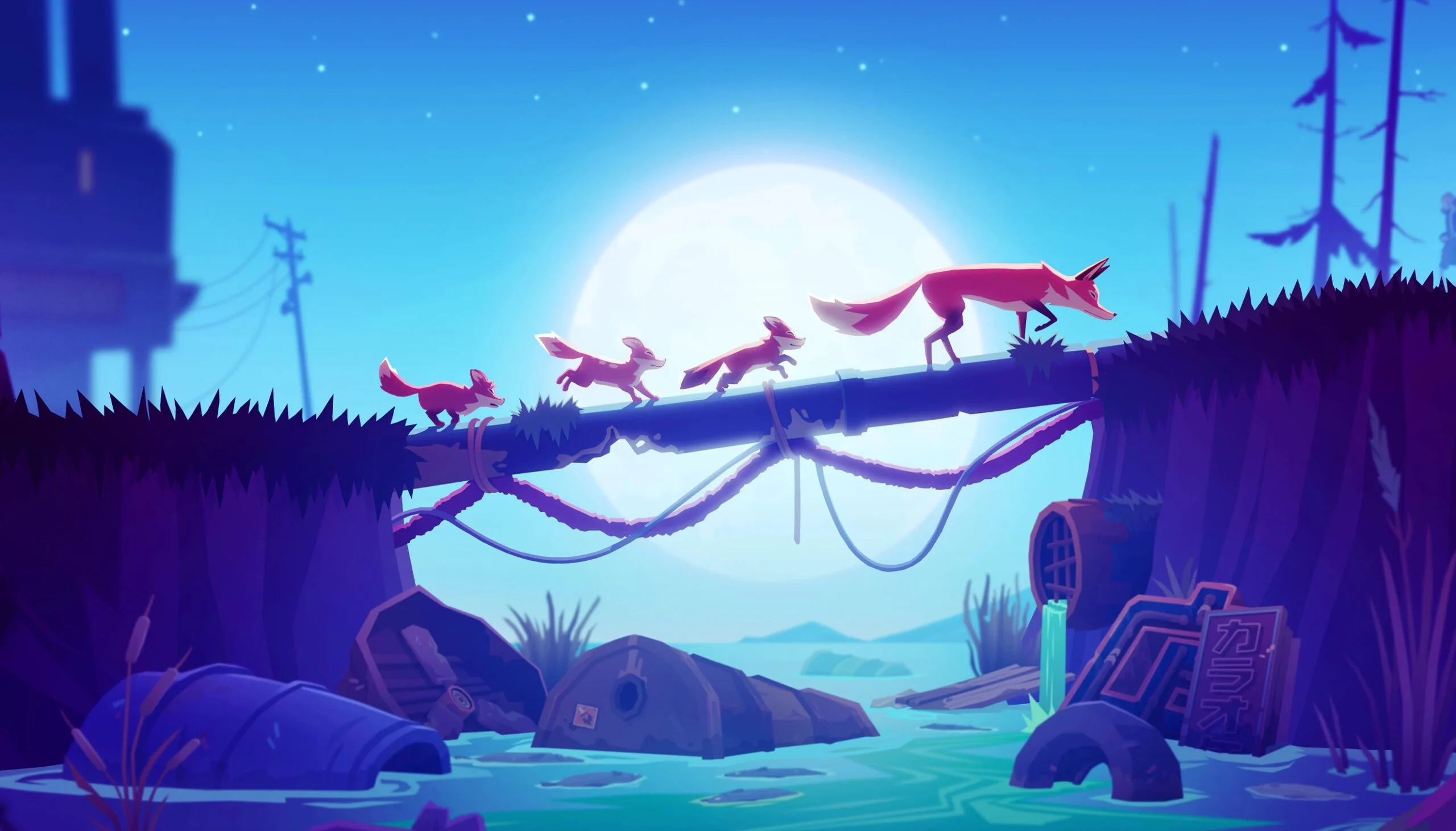
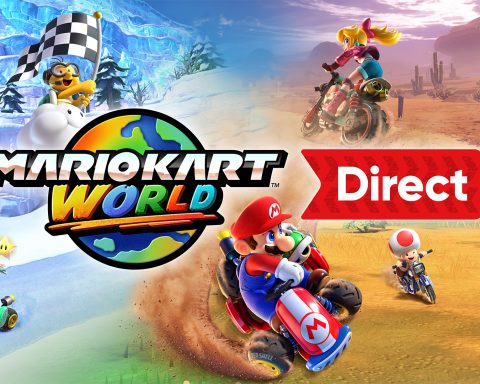
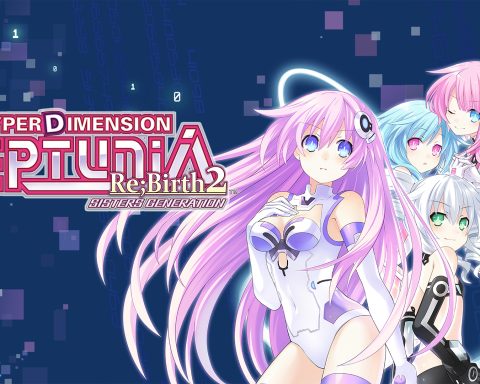
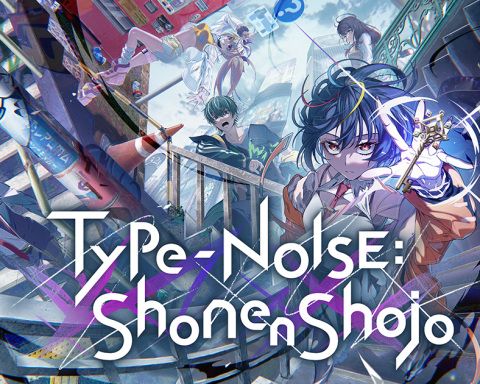
Thank you for the honest review, 4/5 is perhaps still a bit much for the last bloated game out of the Sony assembly lines but you made your point clearly. I wasn’t going to buy anyway, was already disappointed with the 2018 prequel and can definitely spare myself 100 hours of slow traversal, fetch quests and beating the same goons for hudreds of times over.
Yes, if the 2018 release didn’t capture you, this sequel absolutely isn’t >_>. Glad the review was useful!
Have you played all the other God of War games?
Yeah, all the console releases – 1, 2, 3, Ascension, 2018 and now this. I haven’t played the PSP titles.
Great review with a sensability to the depth of a story. Spot on with the Marvel comparison, everything is laid out in a way that doens’t trust the audience. While I enjoyed the 2018 game, I was never captivated by the story. There was drama and emotion, but it never offered the type of reflection such as Red Dead Redemption, The Last of Us, The Witcher 3, or Disco Elysium did. Thanks forthe review.
Yes, Disco Elysium in particular, of the ones you mentioned there, is what I love to see in video game narratives. Something complex that has me thinking about what the game was telling me for weeks and weeks afterwards. As far as that blockbuster space goes, for me the original Mass Effect Trilogy will always be my favourite example of how that’s done (I actually just started a new run through that series this week!)
Yeah I mean Disco Elysium is absolutley next level in terms of making you think and offering reflection in a game.
Mass Effect has been in my back log, the first one has been a slog to get through in many ways, but I’m inspired to keep going for the reasons you’ve mentioned!
Thanks for the reply, I’d have a suggestion/humble request if you do not mind.
So I’m new to the website and I like it a lot so far, I’ve binge-read quite a few articles already. One thing I’m very fond of is your review spectrum that evaluates games on those 4 criteria; on that note, I am desperately looking for some “thoughtful” games to add to my depleted backlog and I searched them here but only found AI: Nirvana Initiative (which I’ll play when the price drops but which still has me worried over the mainstreamization and disneyfication it has certainly undergone relative to prior Uchikoshi games [teenage girl as mc says it all imo]).
So would you consider compiling a list of sorts with some “thoughtful” games that you’d suggest? Maybe also one on overlooked games that passed under most players’ radar.
Thank you, I’ll be coming back to Digitally Downloaded more in the future.
Of course! More than happy to give you some ideas. Do you have any particular preferences in terms of genre, and do you like indie games, or just the bigger releases?
I’d steer clear of AAA blockbusters. They are not bad per se, but they ran out of creative juice a few years ago (e.g. I played MGS5:PP and Arkham Knight recently and albeit “big releases”, I found them to be quite deep, relatively speaking) and are now just the same re-skinned game reiterating a specific formula ad infinitum.
I’m open on genres, as long as the game is ‘story-driven’ and strives to deliver something more than mindless mass entertainment. But more than anything, I (and I’m sure others) as an ‘older gamer’ crave adult-oriented content. The player base has expanded dramatically as of late (with mostly negative consequences overall) but the more mature audience is severely underserved in my opinion. I’m good with games both East and West.
At this point honest gaming professionals and older gamers alike have something of a duty to the medium at large to show that this hobby has more to offer than popcorn flicks.
Okay so you should absolutely play Disco Elysium if you haven’t yet. That game is outright literary.
Death Stranding is also an incredible and surprisingly subtle deconstruction of modern America. That’s the biggest game I’d recommend for you.
If you played Final Fantasy VII, then the remake is interesting, because it’s actually a super-smart response to FFVII, in that it has a similar plotline, but subverts a lot of that game, and if you look at both as commentaries on determinism (fate etc), FFVIIR actually comes up with a very different answer to the question.
The Legend of Heroes franchise does some really impressive things in creating a “historical epic” across a dozen-odd titles now, and building a world full of political events, conflicts and so on. The best place to start for a new player today would be the Trails of Cold Steel series.
There’s also Sword & Fairy: Together Forever, which unfortunately doesn’t have the world’s best localisation, but it’s a Taiwanese RPG, and shares a lot of Chinese philosophical thinking through its adventure.
And finally you should absolutely look into some visual novels. As a fan of narrative, VNs naturally have an advantage and focus there, and many of them are very (very) intelligent. Danganronpa, Corpse Factory, Chaos;Head, Steins;Gate, and Piofiore are where I’d start. I know that genre can be a little obtuse to get into, but once you get going it’s just great stuff.
Many thanks, Matt.
I played everything except pure visual novels, a genre I could never get into but that is the only area of gaming yet untapped for me so I’ll have to go there eventually. I’ve got 999 and Root Double already on my Steam due to some bundle, I’ll start with those!
See you in the articles
I do recommend trying Matt’s visual novel suggestions. If you’re looking for intelligent content you’ll be pleasantly surprised.
I share Bingham’s enthousiasm for your review spectrum, and his interest in thoughtful )and innovative) games.
Have you considered making the spectrum searchable, so that one could for exemple search your site for all games that score high on certain criteria?
You talk about depth and it just being popcorn, but honestly I disagree a bit. The first game has made plenty of people think although their own relationships with their children and fathers. There has been a lot more value found in it by many people, reflective value. To maybe say it’s not as in depth as other works, okay, but to say it’s just popcorn and there’s nothing beyond that comes across to me as a somewhat surface level take.
Also, sad to read that about the puzzles, because I put the first God of War down for a while and then picked it back up again because I got tired of those puzzles that were “optional” (you would need the upgrades for the difficulty increase). They padded out and messed up the pacing and added absolutely nothing to the story at all.
Popcorn entertainment can have surface-level themes. In fact, that’s kind of the point of them. The Marvel films all have some kind of theme to them too, which is why I made that comparison. It’s just that they don’t have anything beyond what they spell out for you on the surface.
The reason that I referenced Valkyrie Elysium is that VE is an example of a game handling a very similar setting and subject but *does* have depth under the surface. In fact, in stark contrast to GoW, it’s a game that doesn’t have much going for it on the surface, and it’s only once you start digging into the way it works with aesthetics, opera traditions, and so on, that you start to see what a rich experience it is.
I’ve never seen anyone write anything about deeper themes in GoW. It’s always about how it made them feel and then, yes, the father/son thing. But when you dig at it, it’s not really telling you anything. Compare and contrast to, say, The Road, and other literary stories about fathers and sons, and the superficiality of GoW becomes pretty clear, I think.
And I don’t think the developers were trying for anything more. This isn’t a failing of the game. They were setting out to make a massive blockbuster that would entertain and sell a bucketload of copies. What I have an issue with is when people start calling it a great work of art.
No. Great works of art have meaning and messages that last beyond the sales cycle.
Really great review and spot on.
I mean, I haven’t really played for much longer than 2 hours but I could pretty well tell from the start it wasn’t as good as the 2018 version.
And whats funny is I literally said the writing feels like a Marvel movie before I read your review. It feels dumb and sort of manipulative, complete opposite of 2018.
My main example of this so far was at the beginning they really tried to make you feel sad for this dog that’s dying. For like 10 minutes. It’s like they were saying “hey I bet you had a dog or pet when you were young and had to deal with the sadness of its losing it, now feel those emotions again!”, like calm down I literally just started playing this game.
Completely different from 2018 where all they needed was Kratos’ hesitate when about to put his hand on his sons shoulder, before rescinding his hand. Just that one moment was so good it told us everything we need to know about these characters. It made it relatable and motivated me to play.
Lastly I preferred also the simplicity of the original story. It was laid out from the beginning, you are going from point A to point B. Okay. I know what I have to do now.
2022 GOW its just random stuff happening? I guess a big battle will happen later on but is that it? I just wait until the game says I can do that? This isn’t motivating to play.
“Kratos’ hesitate when about to put his hand on his sons shoulder, before rescinding his hand.”
That was good? That scene made me laugh me bloody arse off. Typical murican hamfisted bullcrap. Like rest of the bloody game.